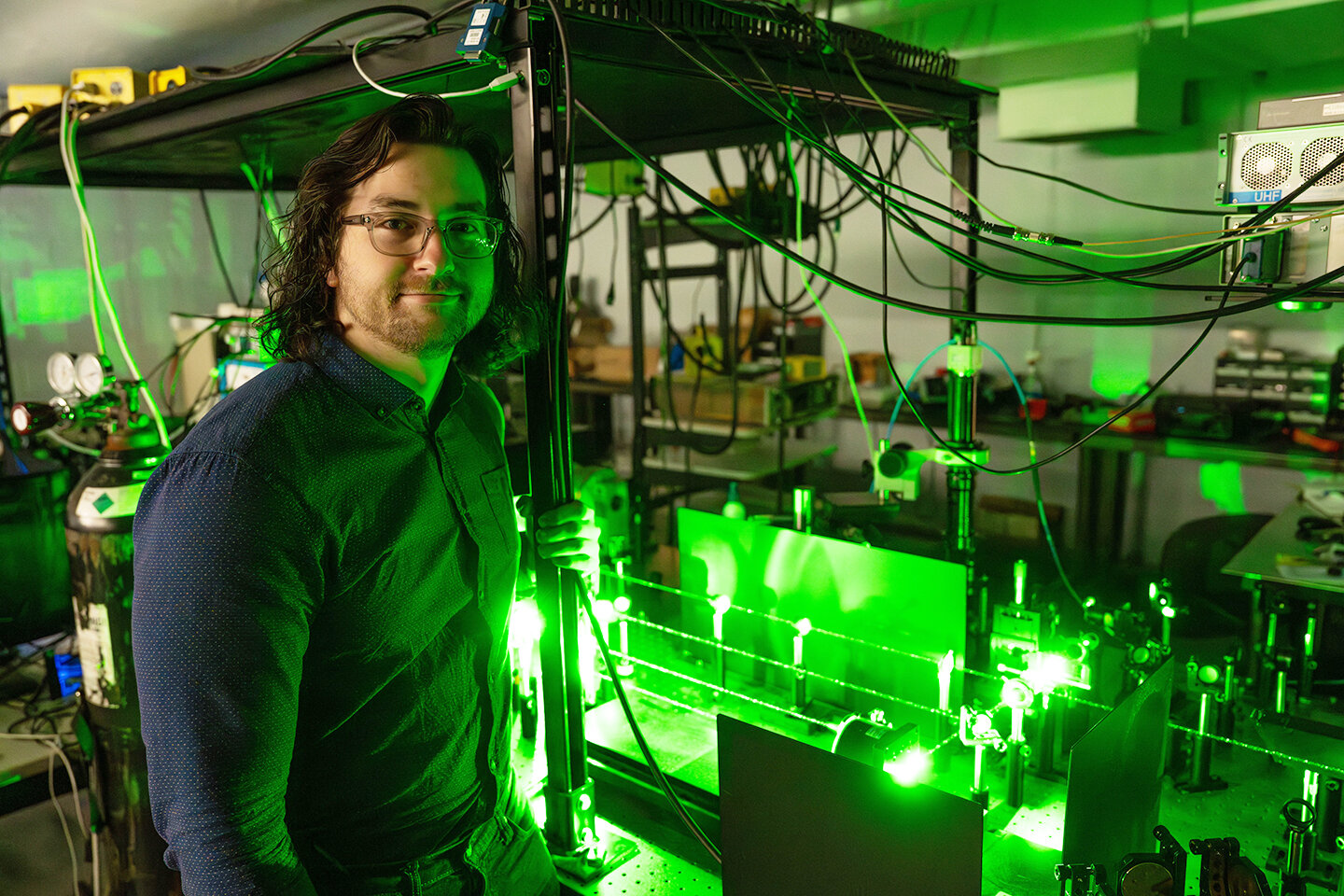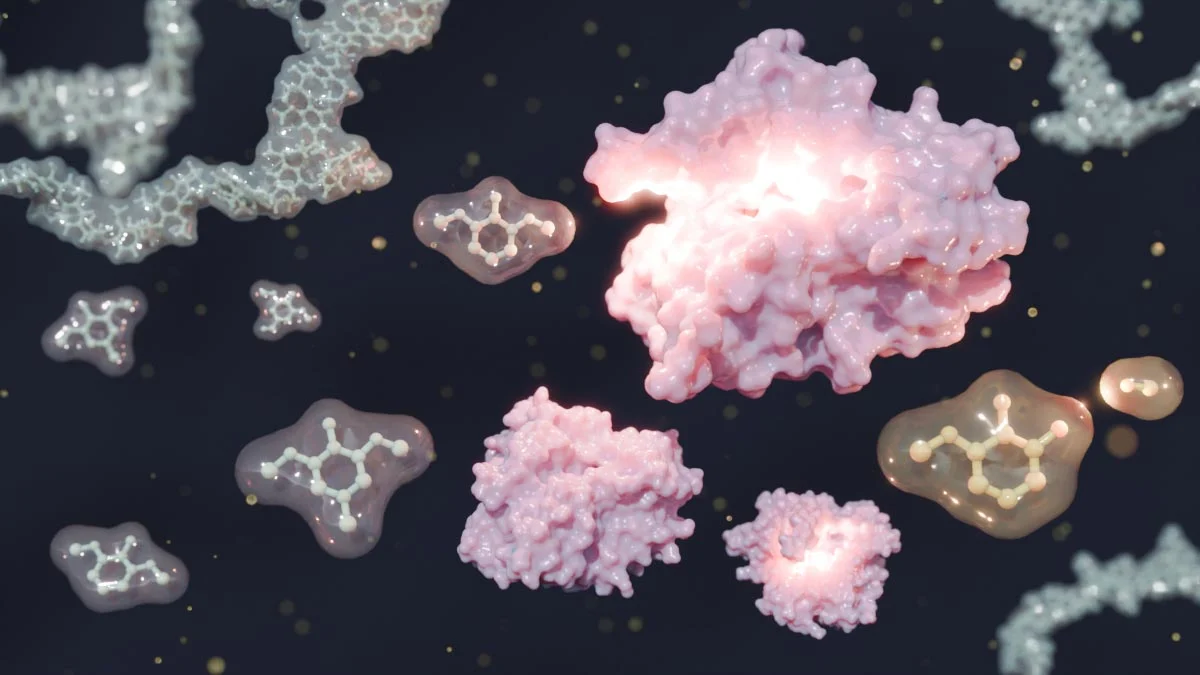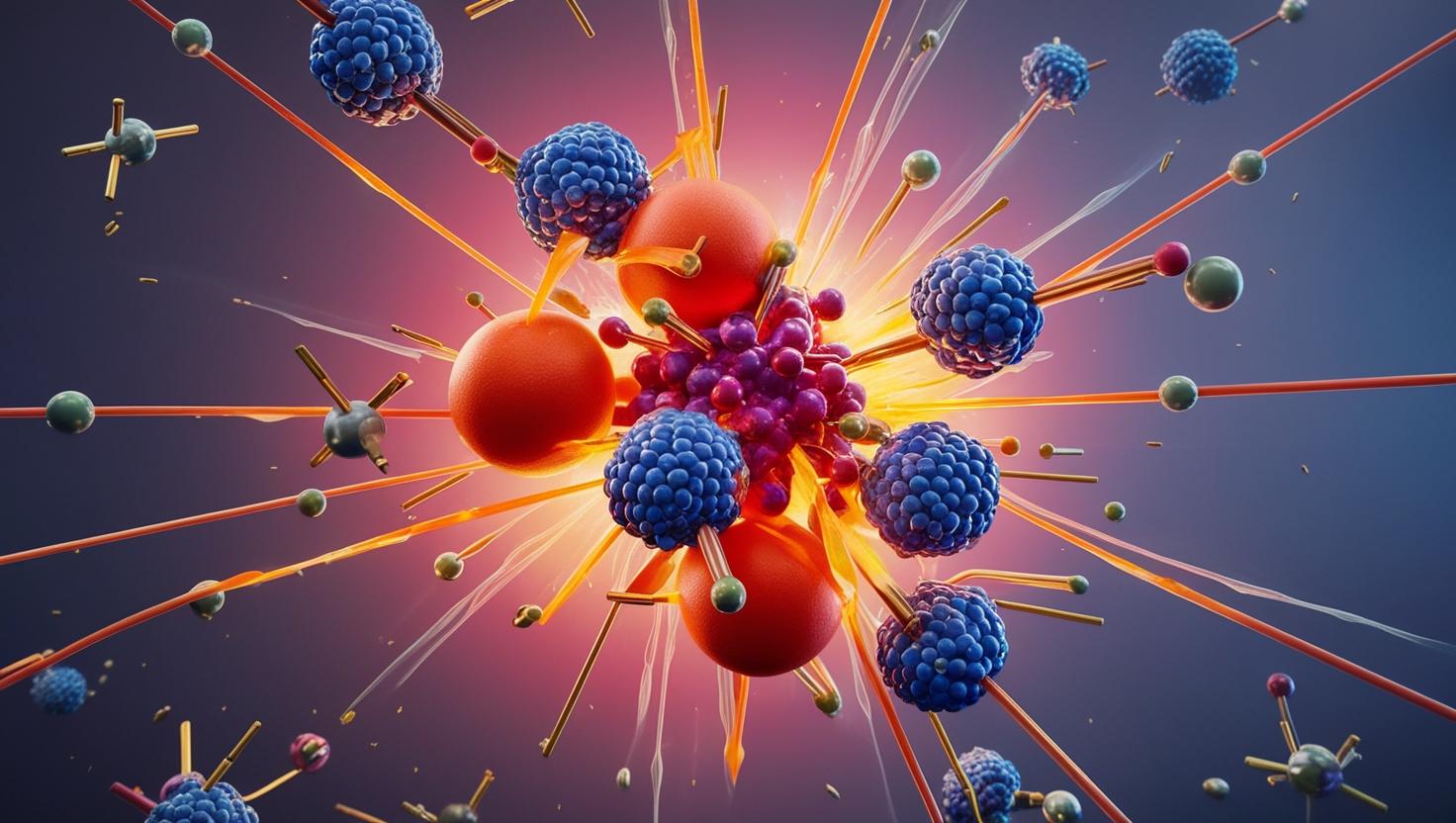BRCA1/BRCA2-associated breast cancers are aggressive, inherited forms of the disease caused by mutations in genes responsible for repairing DNA damage. These cancers are often triple-negative and respond well to targeted therapies like PARP inhibitors, which exploit the tumor’s compromised DNA repair mechanisms. Credit: Shutterstock
A Ray of Hope for High-Risk Patients
Remarkable Results in BRCA1 and BRCA2 Mutation Carriers
In a groundbreaking clinical trial, researchers have unveiled a treatment strategy that achieved a 100% survival rate over three years for patients with aggressive, inherited breast cancers linked to BRCA1 and BRCA2 mutations. This remarkable outcome offers renewed hope for individuals facing these high-risk cancer types.
The Innovative Treatment Approach
Combining Chemotherapy with Targeted Drug Olaparib
The trial, conducted by the University of Cambridge, involved administering chemotherapy followed by the targeted drug olaparib before surgery. A critical component was a 48-hour delay between chemotherapy and olaparib, allowing bone marrow to recover while keeping cancer cells vulnerable.
Unprecedented Results
100% Survival Compared to 88% in Control Group
All 39 patients who received the new treatment combination survived for three years post-surgery—a perfect 100% survival rate. In comparison, the control group receiving standard treatment had an 88% survival rate, highlighting the importance of treatment sequence and timing.
Implications for Future Treatment
Rethinking How We Fight Aggressive Breast Cancer
This new strategy may pave the way for major changes in how aggressive breast cancers, especially those involving BRCA mutations, are treated. Delivering olaparib before surgery could shorten the overall treatment time and reduce potential side effects.
Looking Ahead
What’s Next for Cancer Research?
While the results are incredibly promising, larger-scale studies are needed to confirm the efficacy and safety of this new protocol. If replicated, it could set a new benchmark for treating high-risk breast cancer patients and improve survival worldwide.
Curious to Learn More?
What other innovative treatments are on the horizon for cancer patients?
Stay tuned to DailySciTech.com — one of the best science blogs for discovering new science research in 2025, breakthroughs in health and biology news, and cutting-edge tech innovation in science. Whether you’re exploring daily science news in 2025, looking for popular science articles, or following global warming updates and environmental issues in 2025, we’ve got you covered. Get the latest AI and robotics news, the most exciting gadget and tech news today, and up-to-date sci news updates from around the world—including the latest tech news in the USA and Australia’s science and technology headlines.
Reference: “Neoadjuvant PARP inhibitor scheduling in BRCA1 and BRCA2 related breast cancer: PARTNER, a randomized phase II/III trial” by Jean E. Abraham, Lenka Oplustil O’Connor, Louise Grybowicz, Karen Pinilla Alba, Alimu Dayimu, Nikolaos Demiris, Caron Harvey, Lynsey M. Drewett, Rebecca Lucey, Alexander Fulton, Anne N. Roberts, Joanna R. Worley, Ms Anita Chhabra, Wendi Qian, Jessica Brown, Richard Hardy, Anne-Laure Vallier, Steve Chan, Maria Esther Una Cidon, Elizabeth Sherwin, Amitabha Chakrabarti, Claire Sadler, Jen Barnes, Mojca Persic, Sarah Smith, Sanjay Raj, Annabel Borley, Jeremy P. Braybrooke, Emma Staples, Lucy C. Scott, Cheryl A. Palmer, Margaret Moody, Mark J. Churn, Domenic Pilger, Guido Zagnoli-Vieira, Paul W. G. Wijnhoven, Mukesh B. Mukesh, Rebecca R. Roylance, Philip C. Schouten, Nicola C. Levitt, Karen McAdam, Anne C. Armstrong, Ellen R. Copson, Emma McMurtry, Susan Galbraith, Marc Tischkowitz, Elena Provenzano, Mark J. O’Connor, Helena M. Earl and PARTNER Trial Group, 13 May 2025, Nature Communications.
DOI: 10.1038/s41467-025-59151-0










